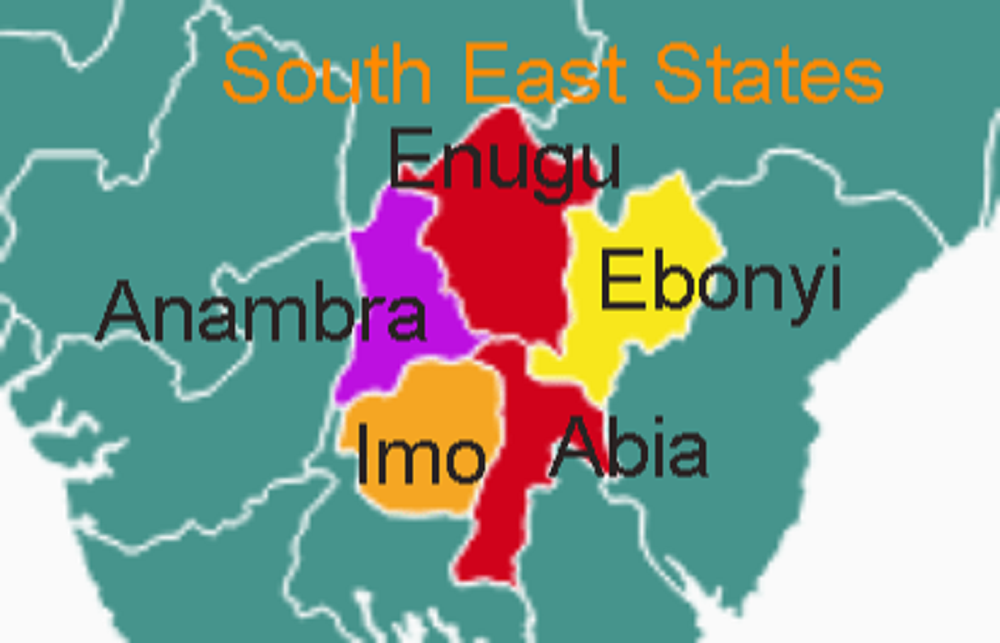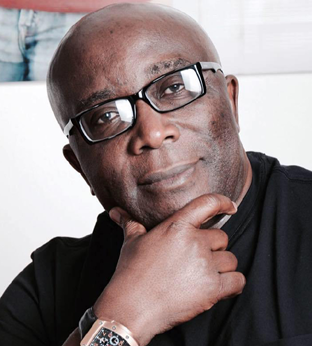
By Chidi Amuta
From yesterday continues the narrative that the South- East is more than a location on the Nigeria compass; it is a homeland for the Igbos found everywhere beyond South-Eastern Nigeria
THEY are the ‘Everyman Everywhere’ of Nigeria and beyond. But the identity of the Igbos is firmly pitched, anchored and rooted in the South-East heartland where the bones of their ancestors lie buried. It is in the South-East of Nigeria that their expansive energy is confined to only five states. Other zones of the federation have the fiscal and psychological advantage of having six or seven states each. Thus, rightly regarded the present security and economic challenges of the region are primarily political in origin. It revolves around the political destiny of the Igbos in the Nigerian federation.
The question of the political destiny of the Igbos in Nigeria has gravitated around the question of a possible Igbo president of Nigeria; it has finally crystallised around the question of a possible Igbo presidency of Nigeria. It is the distillation of nearly six decades of alienation and overall marginalisation of the Igbos from the commanding heights of power and privilege in Nigeria. It all boils down to the politics of identity in a large multi ethnic federation.
Admittedly, most modern nation states are amalgams of diverse and multiple ethnic nationalities bound together by submission and subordination to a common sovereign. In all diverse polities and nation states, people expect their rights as citizens to be respected and protected. But diversity raises problems of equity, fairness and representation in the distribution of opportunities. In a democratic multi ethnic setting, where discriminatory criteria replace fairness in the allocation of the fruits of citizenship, political competition and discourse assumes the character of fierce identity political conflicts.
Identity politics emerges as an expression of the democratic entitlement of the aggrieved ethnic group. It is part of the intrinsic mechanism of political inclusiveness in a diverse democracy. The marginalisation of the Igbos is not just about infrastructure neglect or denial of prominent political appointments. We need to state it clearly that a sense of real belonging in a nation is not reducible to highways, bridges and railway lines. It is not even about token periodic appointments of citizens from the affected zone to federal offices to fulfill cosmetic constitutional requirements.
There is a deeper and more consequential meaning of belonging in a national community. It is a psychological state of assumed inclusion, a sense of co-ownership of the national patrimony and space. It describes the psychological entitlement to own and be owned by one’s nation. But when a section of a national community is made to harbor a permanent sense of “otherness”, then the alienation of that group becomes complete. Political expression becomes an act of identity assertion and group collective reaffirmation. It could even become the basis of an open political and other forms of revolt and conflict.
Igbo identity politics assumed its most stark recent expression in the course of the 2023 presidential election. The electoral threat of Peter Obi’s Labour Party and the menacing presence of the Obidient movement in the South- West exposed the hazards as well as potentials of Igbo identity politics in the country. Open ethnic profiling, branding, deployment of gangster squads and the open invocation of violence against the Igbos in Lagos and the South-West were clear indications of the dangers that lie ahead.
This, unfortunately, is where Nigerian history has landed us with regard to the plight of the Igbos. In the post civil war era of 53 years, the Igbos have borne the brunt of Nigerian history. The marginalisation of the Igbos of the South-East has now become part of the vocabulary of Nigerian political discourse mostly in most election seasons. Now it has become a major political preoccupation, one that cannot easily be swept off the table. I am afraid that it will be possible to discuss the security and economic development of the South-East or even Nigeria in general outside the context of an active identity politics of the Igbos
3. Identity politics, history and moral justice: I humbly want to contend that we may not find the peace and security to grow and prosper the Southern region except we resolve the issues of identity politics that have become clear and urgent in recent years. One of the ways in which nations afflicted with long standing historical wrongs have resolved their problem is through a managed political process informed by an overarching moral compulsion. In all of this, it is comforting that the Igbos are neither the first nor will they be the last to bear the burden of national history in the politics of their nation.
Instead, we must locate the plight of the Igbos in the context of the global history of all injured and historically unfairly treated peoples in different countries. In that context, the identity politics of all injured nationalities in history eventually becomes a moral burden to be discharged or ignored by the political establishment of the nation in question. National history has a moral arc. It bends perennially in the direction of justice no matter how long it takes.
The Nigerian situation is peculiar in many ways, especially in the mechanisms that have kept the nation afloat to date. It is my contention that Nigeria is unique in being a nation conceived in compromise, nurtured in geo-ethnic competition and sustained by hegemonic blackmail and systemic injustices. The identity politics of the Igbos of the South-East is essentially rooted in the general history of political resolution in multi ethnic nations. No nation is an immaculate conception. Nearly every national history is an undulating pageant of glorious moments and inevitable episodes of brutish savagery and intense sadness. Nations come into being and progress sometimes by willfully or inadvertently hurting sections of their populace.
Communal clashes, ethnic conflicts, civil wars, slavery, genocide, pogroms, insurgency, foolish mass killings and reprisals thereof are part of national history. When the hour of sadness passes, a nation so afflicted incurs moral debts to those sections of their community that have been hurt. That is the general origin of the politics of moral consequence. Subsequent social peace and political order in a nation as a community of feelings is often dependent on how the moral arc bends in relation to healing the wounds of the past. The mere passage of time is never enough to heal the moral wounds that lie buried in the hearts of injured sections of a nation.

*Dr. Amuta is a journalist, intellectual and literary critic.
Disclaimer
Comments expressed here do not reflect the opinions of Vanguard newspapers or any employee thereof.